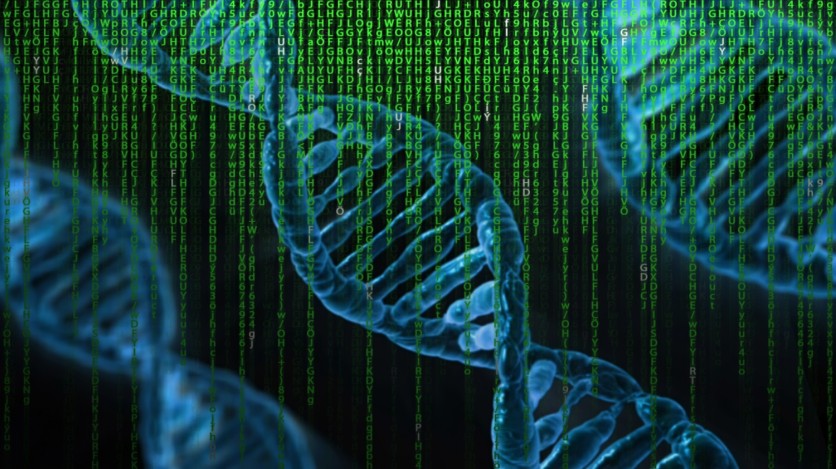With the help of an artificial intelligence dubbed AlphaFold, DeepMind was able to solve one of the biggest biological problems in just 18 months by predicting the structure of nearly every protein that scientists have currently cataloged.
The approach has already improved efforts to tackle plastic waste, antibiotic resistance, and malaria. This breakthrough could also accelerate the search for new medicines, according to the researchers.

Easy As a Google Search
CEO of DeepMind Demis Hassabis claims that discovering a protein structure - which used to take years frequently- is now nearly as simple as "doing a Google search" because of the database.
Researchers have already used the database to enhance their work in a variety of fields.
Matt Higgins at the University of Oxford and his colleagues, for instance, looked into a protein they thought might be crucial in disrupting the malaria parasite's life cycle and did this thanks to the archive.
When AlphaFold was launched, it provided a precise prediction of the protein structure that matched the researchers' knowledge. Now that they can build new proteins, the team is hopeful that they will work well as a malaria vaccine.
In addition, scientists have developed novel plastic waste-breaking enzymes using AlphaFold while also learning more about the proteins that keep bacteria antibiotic-resistant.
Mapping All Proteins In The Human Body
As reported first by NewScientist, Biology has struggled for years to figure out how to determine the twisted shapes of proteins based on their sequences of individual amino acids.
These amino acids create chains with complex structures that are challenging to predict precisely. Some of the amino acids are attracted to one another, while others are repulsed by water.
By the middle of 2021, the UK-based AI startup DeepMind stated that it had mapped 98.5 percent of the proteins utilized in the human body after first announcing in late 2020 that it had created a method to precisely determine the structure of folded proteins.
The company said on Thursday, July 28, that it is revealing the structures of more than 200 million proteins, almost all of which are listed in the widely used UniProt database for protein research.
This means that researchers from all over the world may now readily and freely access this data, thanks to work done by DeepMind and the European Bioinformatics Institute (EMBL-EBI) of the European Molecular Biology Laboratory.
Long Way To Go
Although AlphaFold has transformed the world of biological research, there are still issues with protein folding, according to Keith Willison at Imperial College London.
Although the tool is frequently precise, according to NewScientist, its structures are never products of intentionally calculated results. It also claims that AlphaFold hasn't scratched the surface of a small subset of structures known as intrinsically disordered proteins, which appear to have erratic and unpredictable folding patterns.
However, Pushmeet Kohli, who oversees DeepMind's scientific division, acknowledges AlphaFold's limitations but assures that the team is working more on proteins and is enhancing the AI's precision and functionalities.
DeepMind has a long way to go, but at the same time, it has already innovated the field of Biology by accurately predicting the structure of virtually all proteins now known to science in just 18 months.
This innovation can transform the bounds of basic science and accelerate the development of medicines.
Related Article : Roboticists Developed an AI Program That May Have Discovered an 'Alternative Physics'
This article is owned by Tech Times
Written by Joaquin Victor Tacla
![Apple Watch Series 10 [GPS 42mm]](https://d.techtimes.com/en/full/453899/apple-watch-series-10-gps-42mm.jpg?w=184&h=103&f=9fb3c2ea2db928c663d1d2eadbcb3e52)



